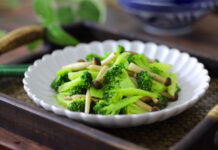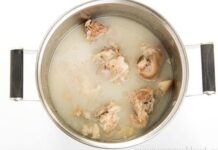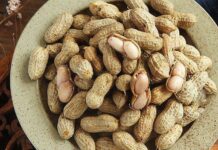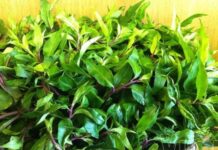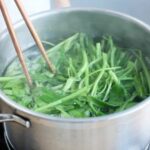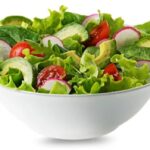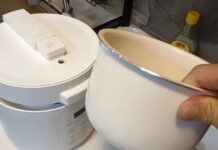Why Do Bananas Turn Black?
Why do bananas turn black?
According to scientists, bananas and other fruits react to the hormone ethylene in the air, which causes the acids in the bananas to break down, making them softer and sweeter. Simultaneously, the chlorophyll in the bananas is broken down, and over time, the bananas turn yellow as they ripen.
However, while other fruits only react to small amounts of ethylene, bananas continue to react to this hormone, causing their yellow pigments to gradually turn brown or develop dark brown spots.
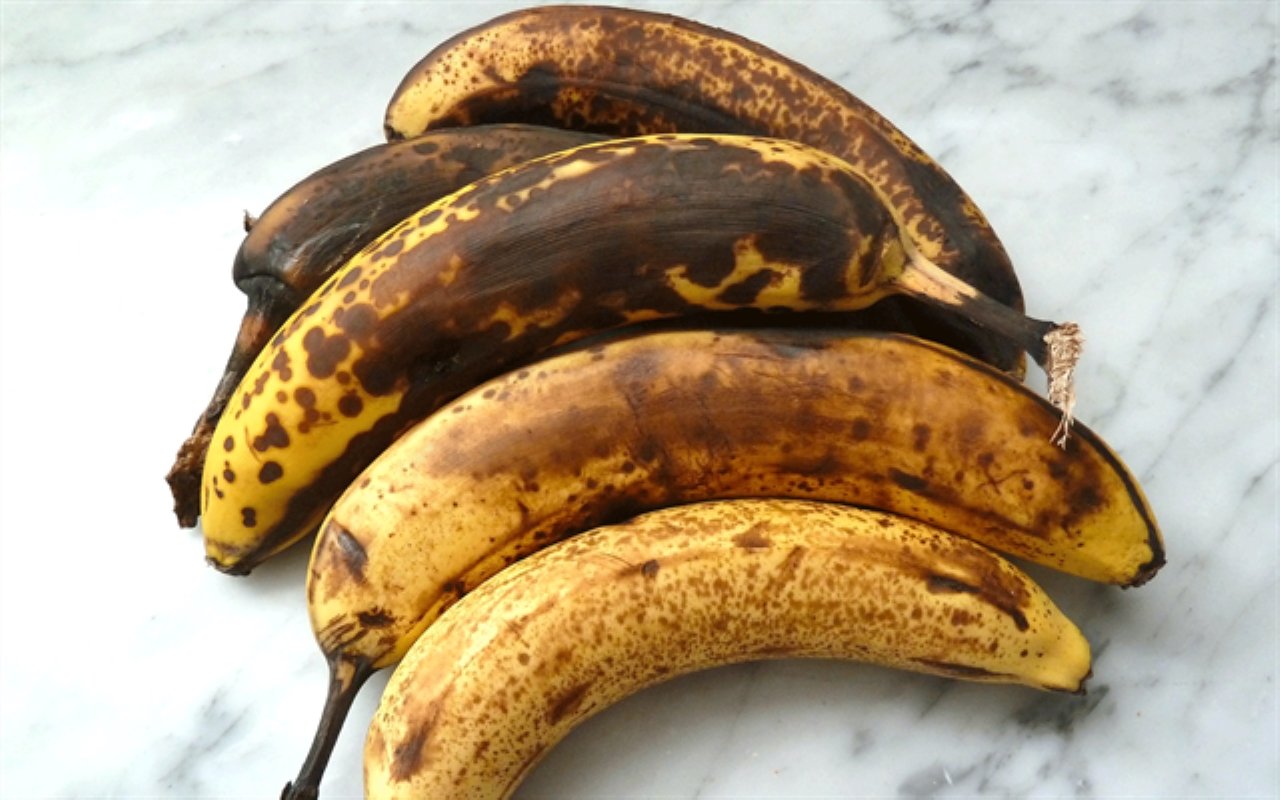
Peeling a banana increases its exposure to ethylene, accelerating the ripening process and making it more prone to turning black.
For other fruits, refrigeration helps maintain freshness, but why do bananas still turn black quickly when stored in the fridge?
At low temperatures, the molecular membrane in the banana peel breaks down, releasing enzymes that oxidize the phenolic compounds in the peel, eventually turning it black.
Is it safe to eat bananas that have turned black?
Typically, you would only eat bananas when they are just ripe and quickly discard those showing signs of blackening.
In reality, while overly ripe bananas with spots or streaks may lose some of their nutritional value, they still contain high levels of beneficial antioxidants.
Therefore, even if they have started to turn black or have spots, they are still safe to consume and can be used in various ways, such as making banana bread, adding them to smoothies, or turning them into banana jam, although the flavor may not be as appealing as a fresh banana.
The Ultimate Guide to Unlocking the Secrets of the Keyhole: What’s the Purpose of that Tiny Hole?
The small hole alongside the keyhole on a padlock serves a significant purpose. It is not merely an aesthetic feature but a functional one, integral to the operation and maintenance of the lock. This subtle detail often goes unnoticed, yet it plays a pivotal role in the overall functionality and longevity of the locking mechanism.
How to Keep Your Fruits Fresh for Longer
“Fruit is nature’s delicious treat, packed with essential vitamins and fiber for a healthy, beautiful you. But these sweet delights are notoriously fickle, quickly turning from ripe to rotten. Discover the secrets to keeping your fruit fresh and vibrant, just like that summer glow you’re after. Join us as we explore tried-and-true tips and tricks to prolong the life of your favorite fruits.”











